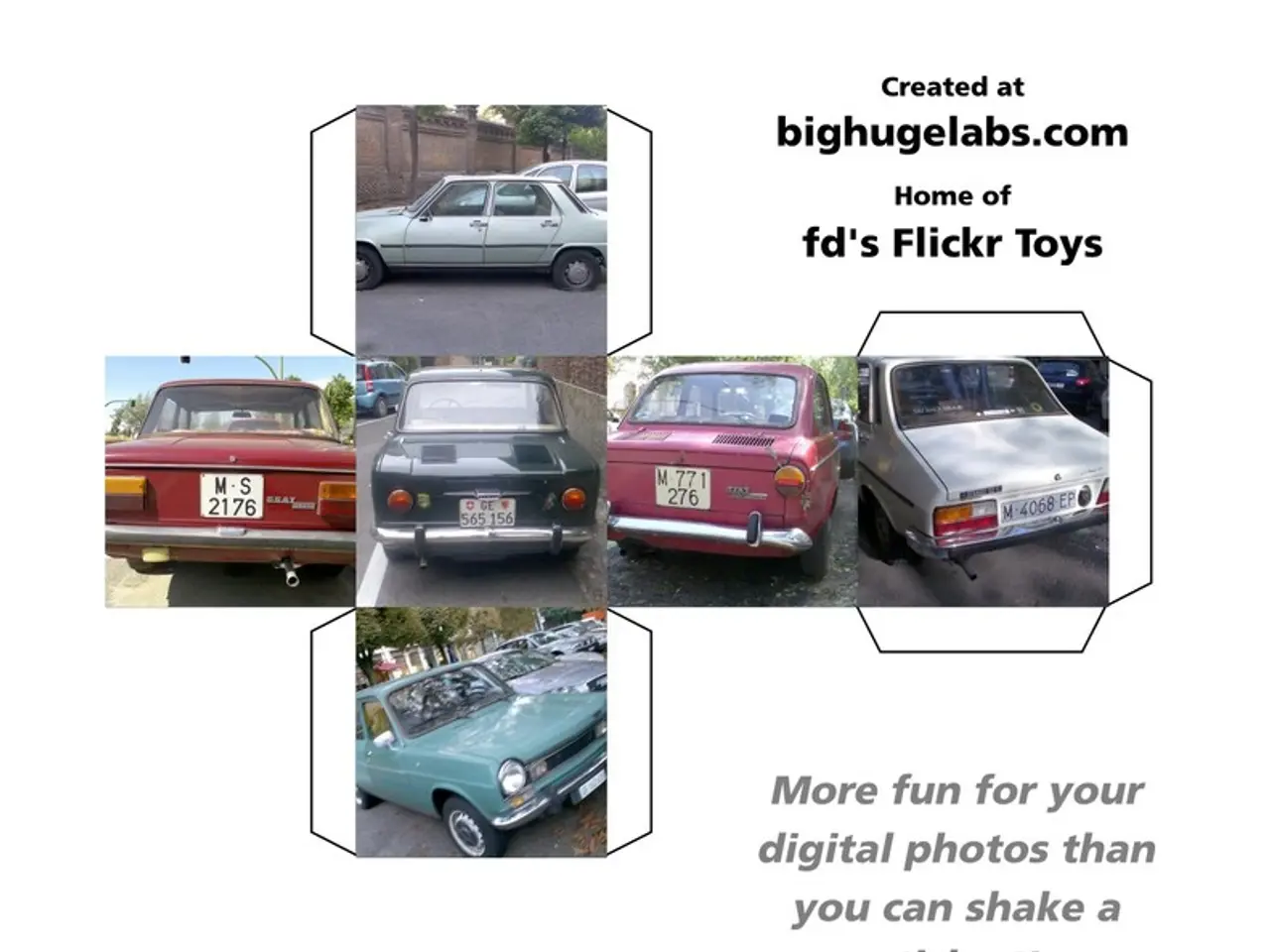Toyota's Aim to Craft Joy for Everyone
Toyota Embraces the Future: A Journey Towards "Producing Happiness for All"
In a significant move, Toyota, the renowned automotive giant, is embarking on a transformative journey to redefine its identity as a mobility company. This ambitious endeavour, spearheaded by Akio Toyoda, aims to create an "ever-better mobility society."
Last year, Akio Toyoda unveiled the Toyota Philosophy, a comprehensive set of guiding principles that serve as a compass for management. Rooted in the Toyoda Principles, which were compiled in 1935, the Toyota Philosophy is a testament to Toyota's commitment to continuous improvement and respect for people.
The Toyota Philosophy, according to Akio, defines the company's mission as "producing happiness for all." This vision extends beyond just cars, encompassing a broader perspective that sees vehicles as connected to communities and people's lives through information, becoming an integral part of the social system.
Akio's vision for the future is one where cars are not just modes of transport, but essential components of a sustainable and interconnected society. He believes that happiness can take various forms, and "producing happiness for all" does not mean producing the same thing for everyone. Instead, it is about understanding and catering to the unique needs and desires of each individual.
To achieve this, Toyota is working on initiatives with various partners, venturing beyond its traditional boundaries. One such venture is Woven Planet, a software company under the Toyota Group, which is seen as a leader in the development of a mobility society.
Innovation, according to Akio, will be crucial in the future, and diversity in values and abilities among human resources will be key to driving this innovation. He encourages the next generation to focus on the future instead of dwelling on the past, as the Toyota Philosophy is being passed on to them to guide their decisions and actions.
The Toyota Philosophy was first announced at Toyota's financial results briefing for the first half and second quarter of its fiscal year ended March 31, 2021. It serves as a tool for self-reflection in the face of changes in the environment, gathering various pieces of advice to help Toyota navigate the challenges and opportunities that lie ahead.
Akio's vision for the future extends beyond the traditional confines of a city. In Woven City, a futuristic urban development project, they aim to demonstrate a mobility society that connects the hearts of people beyond hardware and software. By moving step by step towards the future, Akio hopes that someday they will arrive at a world that fulfils the 18th Social Development Goal (SDG), which interprets people's happiness as the achievement of all 17 SDGs.
In conclusion, Toyota's transformation into a mobility company is more than just a rebranding exercise. It is a commitment to creating a better, more sustainable, and happier world for all. With the Toyota Philosophy as its guiding light, Toyota is poised to lead the way in this exciting new era.
Read also:
- Peptide YY (PYY): Exploring its Role in Appetite Suppression, Intestinal Health, and Cognitive Links
- Toddler Health: Rotavirus Signs, Origins, and Potential Complications
- Digestive issues and heart discomfort: Root causes and associated health conditions
- House Infernos: Deadly Hazards Surpassing the Flames








